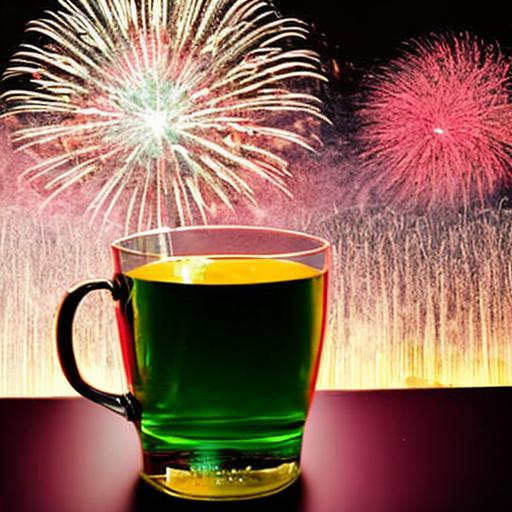There’s nothing like a cup of tea to quell the mind and spirit. Research shows that tea can help health in many ways, including aiding weight-loss efforts and protecting against heart disease. But what if you’re histamine intolerant? It is known that histamine can cause symptoms such as hives and rashes. If you are histamine intolerant, you may want to consider low-histamine teas. In this blog, we’ll talk about different types of teas you can try for histamine intolerance and why chamomile tea is the best low-histamine tea.
The Best Teas For Histamine Intolerance
– Tulsi Tea is known for its anti-inflammatory properties and calming effects. It’s made from green tea leaves and holy basil, a type of herb commonly used in Indian cuisine. The anti-inflammatory properties of tulsi tea can help soothe irritated skin and reduce inflammation in the body.
– Hibiscus tea is also known for its mast cell stabilizing properties. This anti-inflammatory tea is made from hibiscus flowers and dandelion leaves, two natural histamine antagonists that can help balance histamine levels in the body and reduce inflammation.
– A low histamine iced hibiscus tea can be made with hibiscus flowers, holy basil tea bags, dandelion leaf tea bags, and fresh ginger. This special low-histamine tea is beneficial for histamine intolerance by soothing irritated skin and reducing inflammation.
– Chamomile, dandelion, echinacea, and wormwood tea should be avoided if one is allergic to daisies. These types of herbal teas are often high in histamine, which can cause frequent bouts of symptoms for people with histamine intolerance.
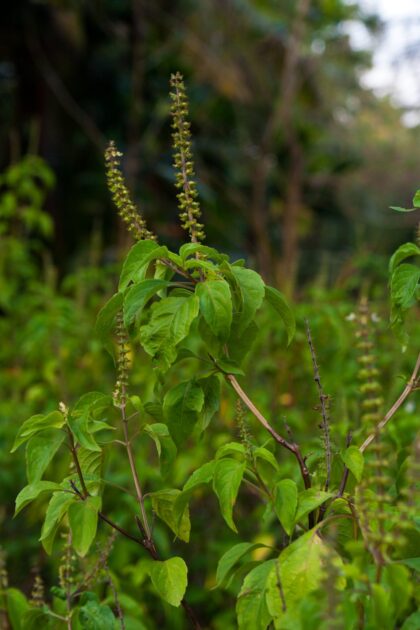
Nettle Tea:
Nettle tea is a natural anti-histamine that can help with high levels of stomach acid. The anti-histamine properties of Nettle tea make it an ideal choice for histamine intolerance, as it can help reduce histamine load on the body. Green tea is also a popular choice as it has a natural anti-histamine effect.
In addition to green tea and herbal teas, nettle tea pairs well with ginger and other members of the mint family for a fragrant and strong cup of tea. Besides, Nettle tea is easy to prepare and is rich in mast-cell stabilizing substances. Overall, Nettle tea is a great option if you are looking for a histamine-friendly drink to treat histamine intolerance.
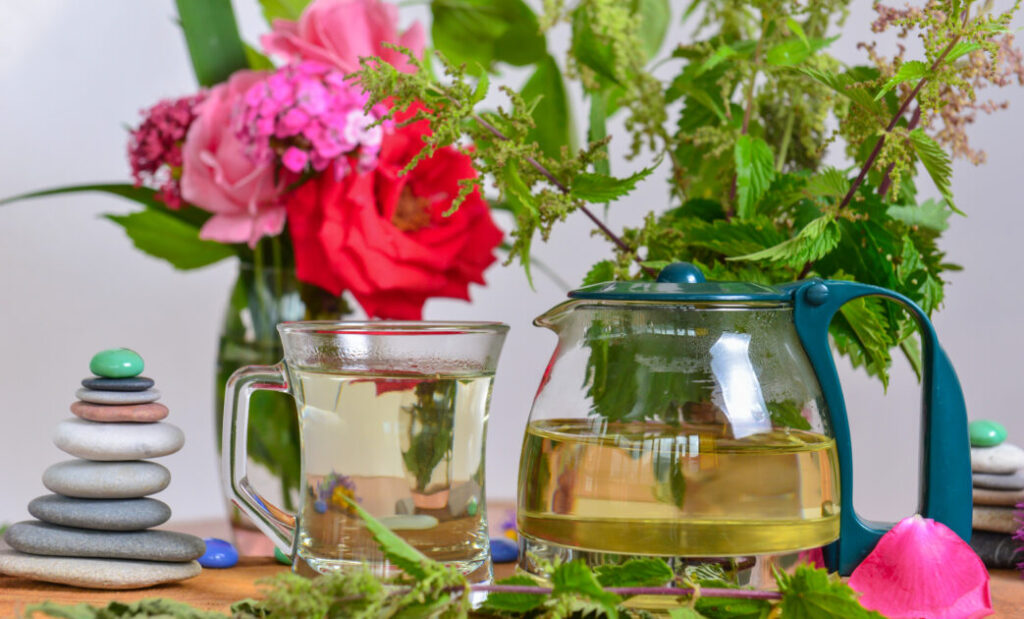
Herbal Teas
Herbal tea like Tulsi Tea and Hibiscus Tea can be beneficial for people with histamine intolerance due to their anti-inflammatory and antihistamine effects. Ginger tea is a universal tea for stomach aches, as it has been proven to fight inflammation, stabilize mast cells, and inhibit the viral activity. People with allergies should avoid teas like chamomile, dandelion, echinacea, or wormwood tea if they are allergic to plants in the Asteraceae family or Malvacea family.
Instead, they should seek out tea made from plants in the Lamiaceae family, such as spearmint, peppermint, or basil. The best tea for histamine intolerance depends on a person’s individual needs and preferences; it is important to try various types of herbal tea until finding one that works for you.
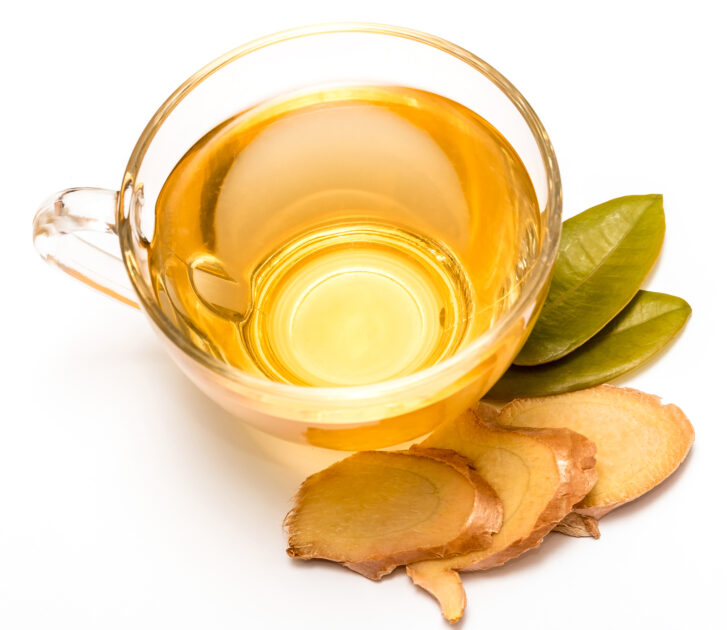
Floral Teas
Floral tea is a great way to support histamine intolerance while reducing allergy symptoms. Hibiscus flowers are rich in quercetin, a plant compound that helps to block the immune reactions caused by allergens. The antihistamine effects of tulsi tea have been well-researched and are said to be similar to the antihistamine drug Ranitidine. Lemon balm tea has been shown to help soothe headaches and respiratory symptoms associated with the allergy season. Blueberry herbal tea is an excellent infusion to reduce seasonal symptoms. All in all, floral tea is a tasty and effective way to support histamine intolerance and reduce allergy symptoms.
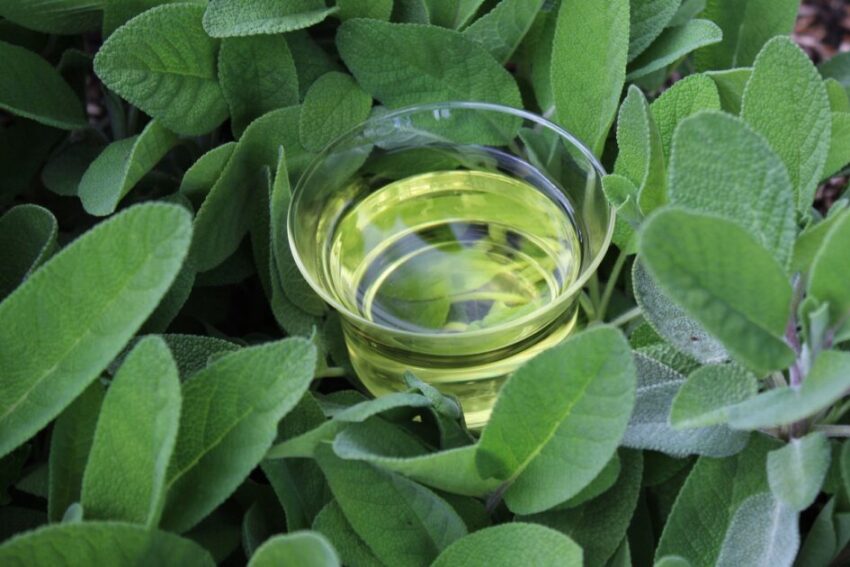
Earthy Teas
Tulsi tea is a popular choice for those with histamine intolerance due to its anti-inflammatory and potentially calming effects. Hibiscus tea is a mast cell stabilizer and antihistamine rich in quercetin that can help lower histamine levels in the body. Baruka nut and vanilla mousse is a low-histamine recipe that is also low in oxalates, lectins, and FODMAPs, making it a smooth and delicious histamine-free tea option for those with intolerance.
Turmeric TeA
Another tasty histamine-free tea options include turmeric tea, which is rich in anti-inflammatory antioxidants, as well as honey, which can be used as a sweetener in teas to make them more palatable. Overall, there are plenty of delicious histamine-free tea recipes available for those looking for ways to reduce histamine levels and improve their health.
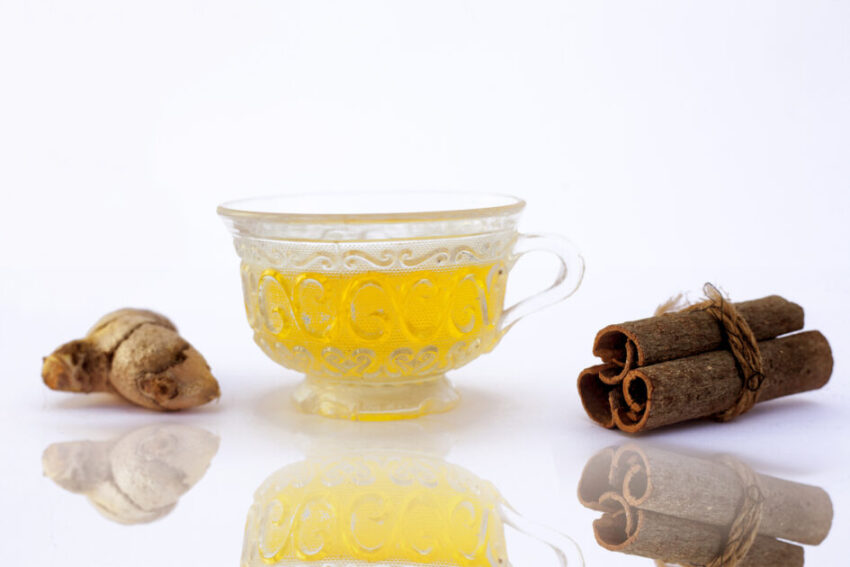
Chamomile Tea:
– Chamomile tea is a popular choice among histamine intolerance patients due to its calming effects and lightly floral taste.
– It is low in histamine on the SIGHI list, contains antioxidants that may promote sleepiness, and has chemical compounds known as chamomile constituents that may reduce histamine levels by inhibiting mast cell degranulation.
– It’s best consumed in a blend with other floral favorites such as lavender, which also have anti-inflammatory properties.
– Chamomile tea can help reduce histamine levels, making it a natural option for allergy sufferers. Additionally, it can help reduce symptoms of histamine intolerance such as diarrhea, bloating, and headaches.
– Overall, the benefits of chamomile tea make it an ideal beverage for anyone looking for a histamine-friendly beverage.
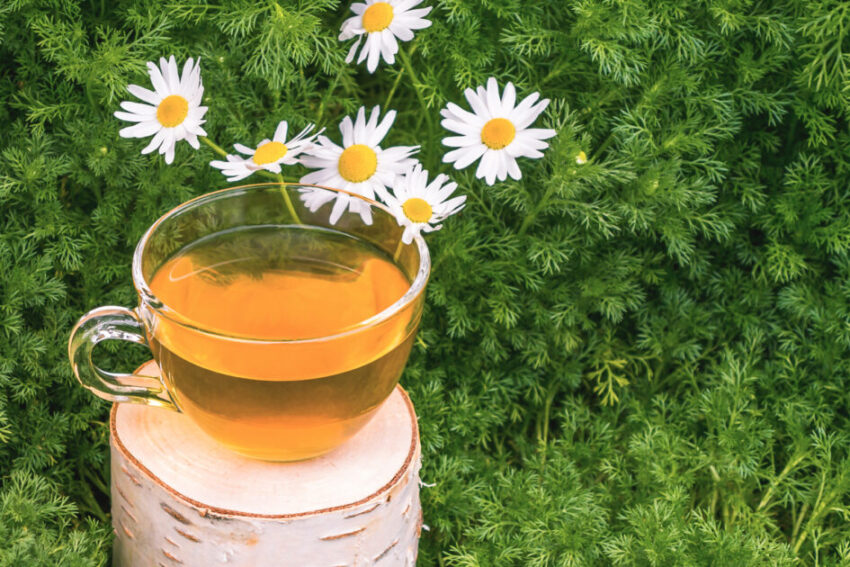
Should You Drink Tea if You Have Histamine Intolerance?
– You can still drink a cup of tea if you have histamine intolerance, but it’s best to stick to green or white tea that is not fermented like black tea.
– Herbal teas can be a good option as well, such, as ginger tea and moringa tea which reduces inflammation and histamine release. Antihistamine herbs can be used to make a tea that can help alleviate allergy symptoms. Nettle tea is a natural antihistamine that can help to reduce levels of stomach acid.
– People with histamine intolerance should avoid foods high in histamines to reduce symptoms.
– If histamine intolerance is severe, dietary measures may be necessary. Still, histamine intolerance is relatively uncommon and not everyone experiences symptoms with green or white tea alone.
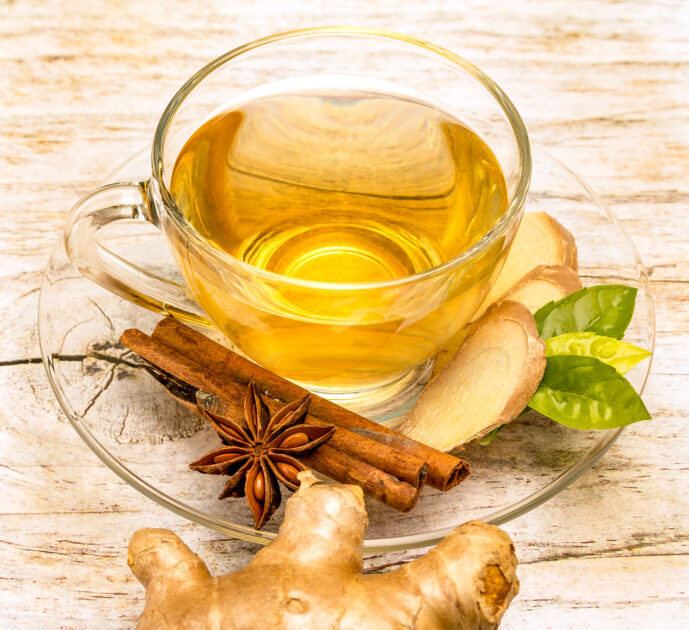
2 thoughts on “Low Histamine Tea for Histamine Intolerance”
Low-histamine tea may be beneficial for those with histamine intolerance, as they contain compounds like quercetin and kaempferol that can support mast cells. Green tea and matcha have low levels of histamine but contain caffeine which could delay the clearing of histamine.
Black tea also has low levels of histamine, but it contains moderate amounts of caffeine. Additionally, herbal teas are generally low in histamine and safe to consume with histamine intolerance. Whether you choose low-histamine tea or not, it is important to work with a healthcare professional to determine the best treatment for your symptoms.
Frequently Asked Questions
How can I use it to help with histamine intolerance symptoms?
If you have histamine intolerance symptoms, then you can use tea to help manage them. Here are a few low-histamine tea blends that you can enjoy:
1. Low Histamine Iced Hibiscus Tea – This cooling tea combines a dandelion leaf and other histamine-lowering ingredients to reduce inflammation and allergies-related symptoms.
2. Anti-Allergy Tea – This tea blend has anti-inflammatory herbal ingredients that can help reduce symptoms of seasonal allergies and histamine intolerance.
3. Tulsi Tea – This tea is known for its anti-inflammatory properties, calming effects on the body, and the ability to reduce stress levels—all of which play a role in histamine intolerance symptoms management.
4. Chamomile Tea – With anti-inflammatory and mast cell-inhibiting properties, chamomile tea may also be beneficial when it comes to reducing histamine intolerance symptoms.
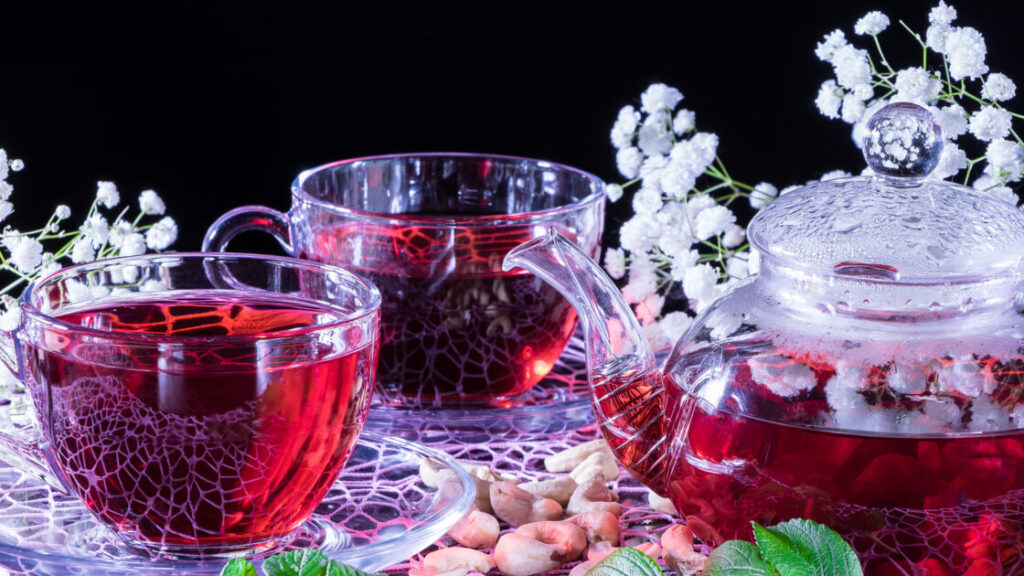
How many cups of tea should I drink per day to see results?
If you’re looking to drink tea for histamine intolerance, it is recommended to start with one cup of tea per day and adjust according to your tolerance level. Tea can be beneficial for histamine intolerance as it contains quercetin and kaempferol which can help support mast cells. Different types of teas such as hibiscus tea, ginger tea, and herbal teas like chamomile, green tea, black tea, etc., can all benefit people with seasonal allergies. Furthermore, ginger tea is especially helpful for people with mast cell activation syndrome or histamine intolerance due to its anti-inflammatory and anti-histamine-like effects.
However, it is important to consume tea in moderation as an excess of it can lead to adverse effects. It is always better to consult a healthcare professional before taking any herbal supplements.
How can I use green tea to manage my histamine intolerance symptoms?
Green tea has been used for centuries in Asian cultures and can be a great way to manage histamine intolerance symptoms. Green tea leaves contain a compound called epigallocatechin-3-gallate (EGCG), which can target histamine-producing cells and help relieve histamine intolerance symptoms.
However, green tea may cause some side effects such as gastrointestinal discomfort, heartburn, diarrhea, or mouth and throat irritation, so it’s important to proceed with caution and consult your doctor before adding green tea to your diet.
Studies suggest that consuming 5 or more cups of green tea a day can help manage body weight, reduce vascular disease risk, and lower fasting blood glucose levels. Additionally, benifuuki green tea has been shown to inhibit mast cell activation and histamine release.
Overall, green tea can be an effective way of managing histamine intolerance symptoms but always remember to consult your doctor and proceed with caution.
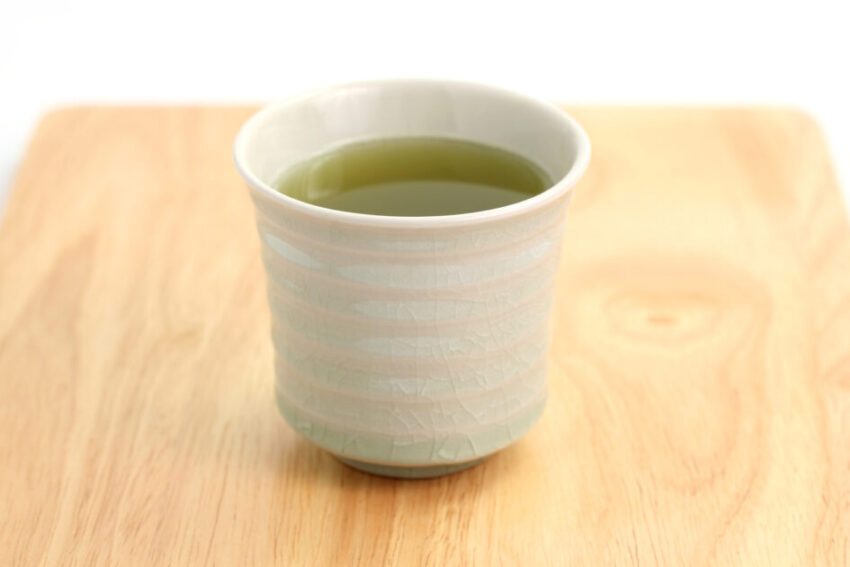
What other uses does green tea have besides being used as a health supplement for histamine intolerance?
Green tea has many other uses besides being used as a health supplement for histamine intolerance. Studies have shown that green tea can reduce fasting blood glucose levels in a small intervention trial, and thus may be beneficial for body weight management. Additionally, regular ingestion of green tea has been proven to reduce the risk of vascular disease through LDL-cholesterol improvement. Finally, green tea has been shown to reduce the risk of type 2 diabetes through the lowering of fasting blood glucose levels in a study conducted by the University of Tokyo.
As such, green tea is an extremely versatile health supplement with many benefits, making it a great addition to any diet.
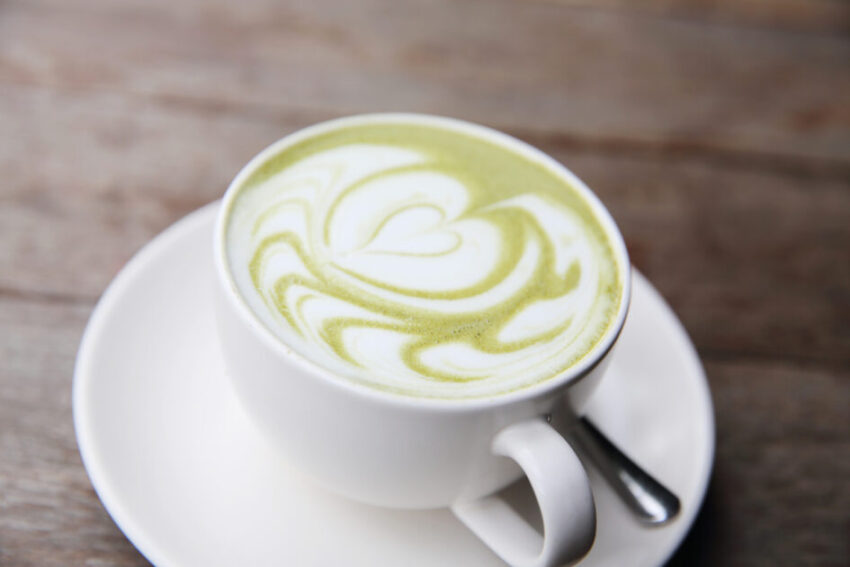
WHAT ABOUT Green Tea Smoothies
Green tea smoothies are a great way to enjoy the benefits of green tea, while also getting a delicious and healthy treat. Green tea smoothies are crammed with antioxidants, which can help support your immune system and enzymes that have health benefits.
They’re low in histamine, making them ideal for people on a low-histamine diet. You can find green tea extract at most health food stores, or you can make your own by steeping loose-leaf green tea in hot water. are many different teas that can be helpful for histamine intolerance. Some of the best options include ginger tea, chamomile tea, green tea, and turmeric tea. All of these teas have anti-inflammatory properties that can help to reduce histamine levels in the body.
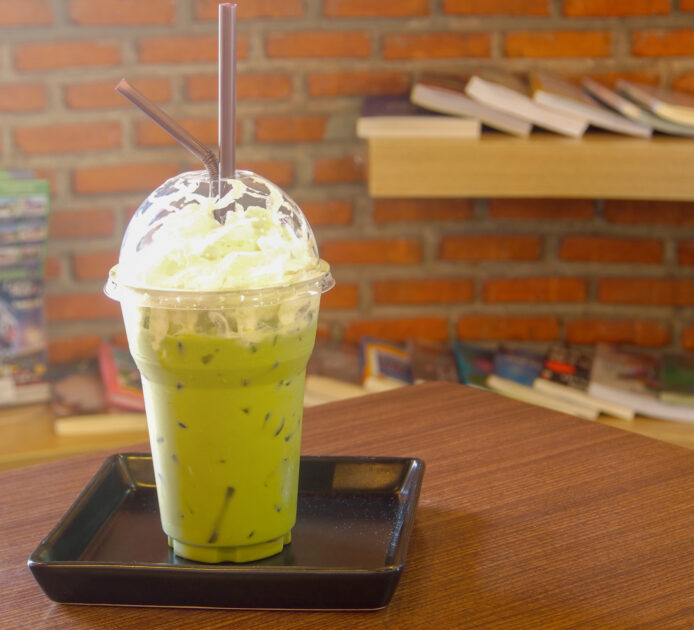
Something To Think About
The most histamine-intolerant foods are those that change. color when they’re cooked, such as red meat and fish. These foods also release histamine when they’re digested. Other high-histamine foods include aged cheese, cured meats, alcohol, vinegar-containing products like salad dressings and ketchup, soy sauce, nuts, and seeds. You might also want to avoid chocolate because it contains histamine-releasing compounds.
Histamine intolerance can be treated with a low histamine diet. Aged cheeses, cured meats, fermented foods, pickled vegetables, shellfish, and alcoholic beverages are some of the foods that should be avoided on a low-histamine diet. A low-histamine diet should include fresh fruits and vegetables, lean proteins, and healthy fats. Coughing becomes more frequent as a result of the pressure on the chest from histamine-rich foods.
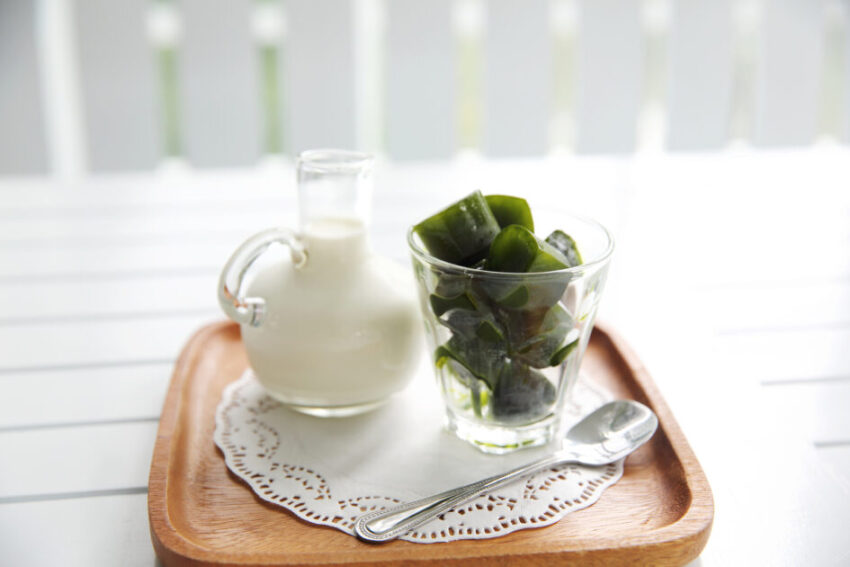
Conclusion
The bottom line is that tea is a generally low-histamine beverage. However, histamine-sensitive individuals should do their research before deciding if it’s the right drink for them. Oftentimes, a low-histamine tea of choice is simply a matter of trial and error. Give the mentioned low-histamine teas a try and see if they work for you! Happy tea-drinking!
